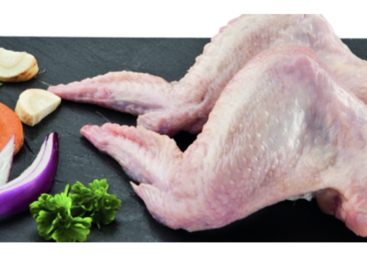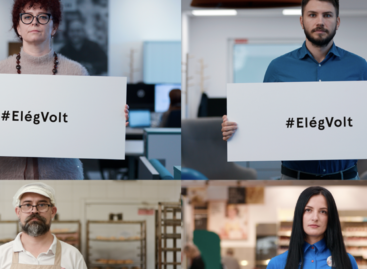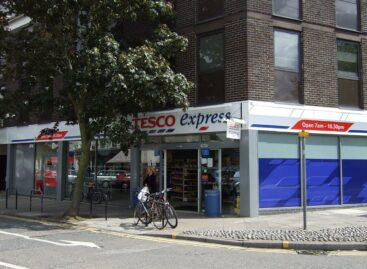Hello Balatonföldvár! All 7 Tesco stores in the county of Somogy already contribute to feeding the needy in the area
On March 25, the food rescue also started in the Tesco Express in Balatonföldvár, so all Tesco stores in Somogy county are now donating unsold food to charity on a daily basis. The Tesco hypermarket in Siófok was the first in the county to join the program in May 2015, and over the years, a total of nearly 1,500 tons of food from six Tesco stores in Somogy, of which about 100 tons in 2023 alone, reached the needy living in the area through the partners of the Magyar Élelmiszerbank Egyesület. This is also part of the 2,765 tons of food that Tesco donated from its operations to the needy last year.
A few days ago, Tesco Expressz in Balatonföldvár also joined the supermarket chain’s food rescue program, in the framework of which employees in more than 90 percent of Tesco stores across the country collect and sort leftover food that is still perfectly fit for human consumption so that they can donate it to those in need. The initiative started in 2014 with the strategic partnership of the Magyar Élélmiszerbank Egyesület, and since then it has been continuously expanding with new stores. With the start of the food rescue in Balatonföldvár, the unsold food at the end of the day from all seven Tesco stores in Somogy county will go to the needy living in the area.
In May 2015, the first rescue operation in the county began in the Tesco hypermarket in Siófok. In the same year, the hypermarkets in Marcal and Kaposvár joined the program, two years later the stores in Nagyatád and Balatonboglár, and in 2019 the Tesco Expressz in Siófok. In the period since the launch, a total of nearly 1,500 tons of food donations have arrived from the six stores to those in need through church, municipal, and family and child welfare organizations. They also belong to the team of more than 200 organizations through which, with the cooperation of the Food Bank, Tesco is able to deliver to more than 100,000 needy people every year the food left over during its daily operations and not sold, but still usable.
Related news
Super Bowl fever at Tesco: an American gastronomic experience made with Hungarian ingredients for watching the game
🎧 Hallgasd a cikket: Lejátszás Szünet Folytatás Leállítás Nyelv: Auto…
Read more >Tesco against domestic violence: extra paid leave and financial support for abused colleagues
🎧 Hallgasd a cikket: Lejátszás Szünet Folytatás Leállítás Nyelv: Auto…
Read more >Related news
Lidl guarantees fairer prices for cocoa farmers
🎧 Hallgasd a cikket: Lejátszás Szünet Folytatás Leállítás Nyelv: Auto…
Read more >







